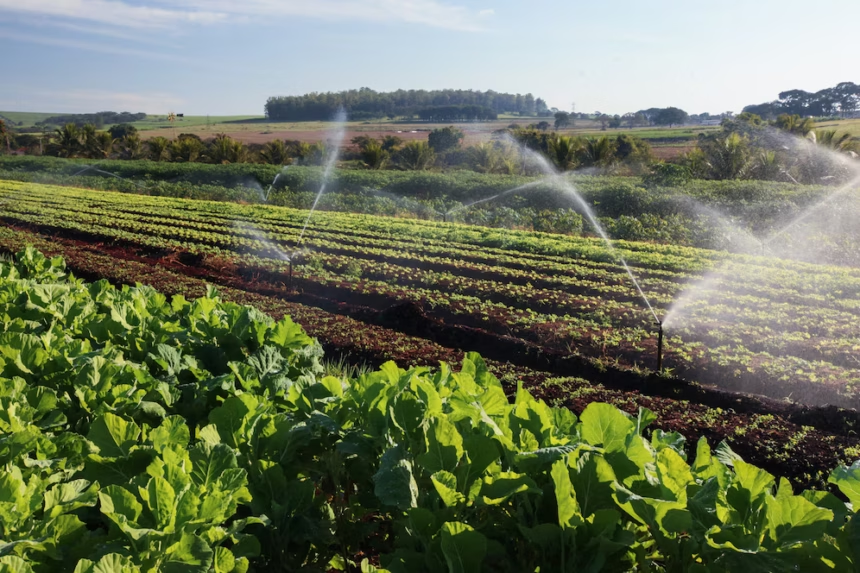South Africa’s diverse climate and limited water resources make the choice between rainfed and irrigated farming a crucial one for farmers across the country. Each method has its own advantages and disadvantages, shaped by factors such as rainfall distribution, water availability, crop type, and economic constraints.
Rainfed Farming: The Natural Approach
Rainfed farming relies entirely on natural rainfall to meet the water needs of crops. It is the most common form of agriculture in South Africa, especially in regions where water infrastructure is limited.
Pros of Rainfed Farming
- Lower input costs: Farmers save on the high costs associated with irrigation infrastructure, energy, and water permits.
- Environmentally sustainable: Rainfed agriculture tends to have a lower environmental footprint, as it does not strain freshwater sources.
- Suitable for certain regions: In provinces like KwaZulu-Natal and parts of the Eastern Cape, where rainfall is relatively consistent, rainfed farming can be productive.
Cons of Rainfed Farming
- Unreliable rainfall: South Africa is prone to droughts and erratic weather patterns, making rainfed farming a risky venture.
- Lower yields: Compared to irrigated crops, rainfed crops often produce lower and less consistent yields.
- Short growing seasons: Crops are limited to the rainy season, reducing the potential for year-round production.
Irrigated Farming: Controlled Water Supply
Irrigated farming uses artificial means—like canals, sprinklers, or drip systems—to supply water to crops. It is commonly practiced in the Western Cape, Limpopo, and parts of the Free State where natural rainfall is insufficient or unpredictable.
Pros of Irrigated Farming
- Stable production: Irrigation allows for consistent yields and multiple growing seasons, increasing food security and income.
- Crop variety: Farmers can grow a wider range of high-value crops such as fruits, vegetables, and nuts that require regular watering.
- Increased productivity: Irrigation boosts land productivity, especially in arid or semi-arid regions.
Cons of Irrigated Farming
- High initial and maintenance costs: Setting up and maintaining irrigation systems requires significant investment.
- Water scarcity: In a water-scarce country like South Africa, irrigated farming can put pressure on limited water supplies.
- Environmental concerns: Mismanagement can lead to soil salinization, waterlogging, and depletion of aquifers.
Striking a Balance
In South Africa, the ideal farming approach often lies in a balanced mix of both systems. Conservation agriculture, rainwater harvesting, and efficient irrigation technologies like drip irrigation offer ways to bridge the gap between sustainability and productivity.
As climate change continues to affect rainfall patterns, South African farmers will need to adapt by combining traditional knowledge with innovative techniques. Government support and investment in water-efficient technologies will also play a key role in ensuring that both rainfed and irrigated farming can coexist and thrive.
Join 'Farmers Mag' WhatsApp Channel
Get the latest Farming news and tips delivered straight to your WhatsApp
CLICK HERE TO JOIN






